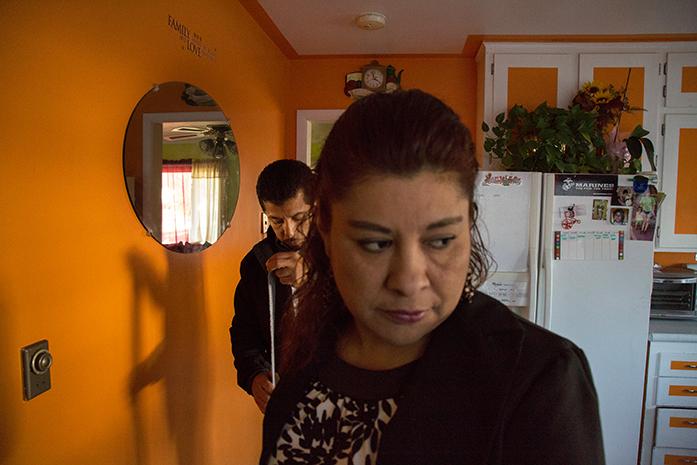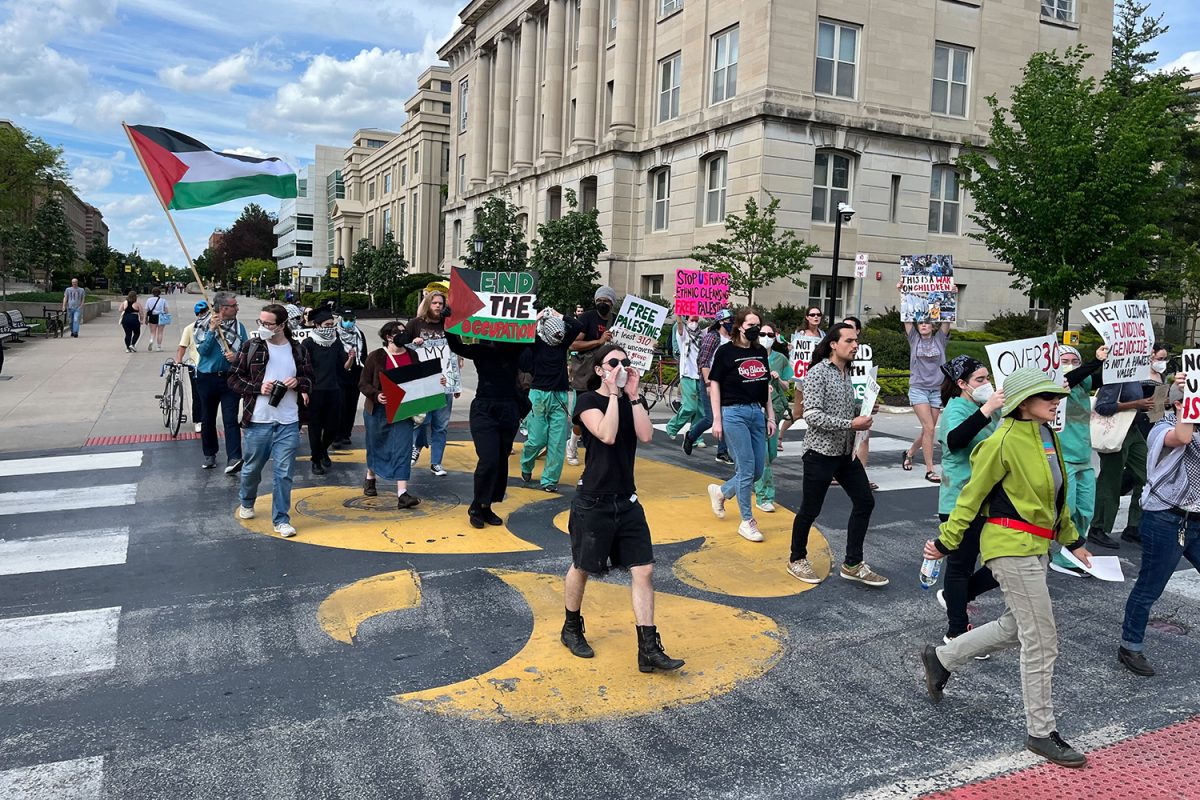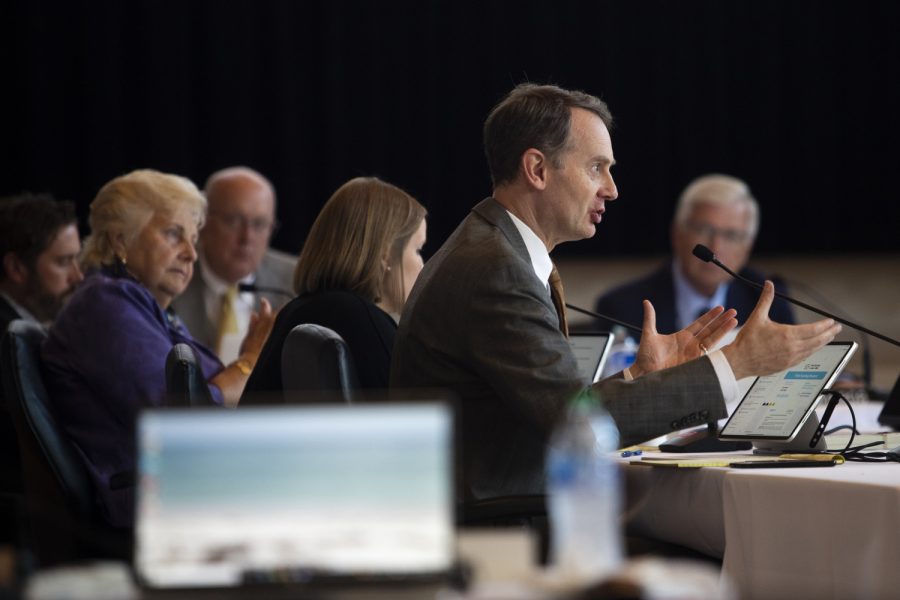By Anthony Vazquez
When I was in the military, people would always ask where I was from. I would smile and tell them to guess. I knew no one would ever get it right.
Most would guess California or Texas first and then skip around the country. Whenever I finally told them, they would give me a look of disbelief, process it, and then exclaim, “There are Mexicans in Iowa?”
…
I grew up in small town Iowa, the son of illegal immigrants, surrounded by Midwest Americana.
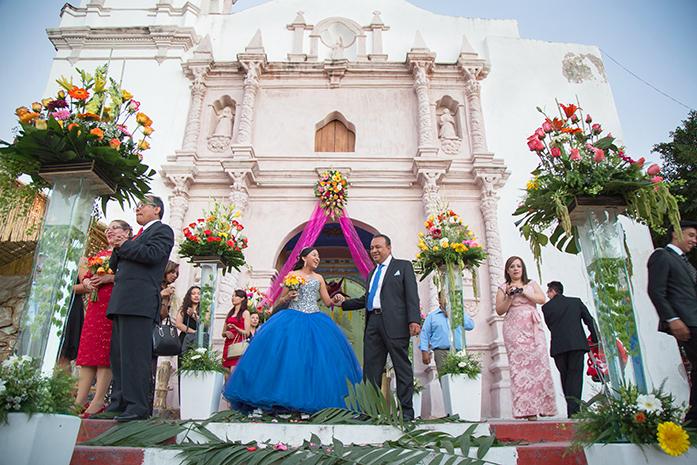
I remember plenty of humid summers riding around with friends on bikes, playing pickup games, killing time at parks, going to cookouts in the summer heat, and complaining about there being nothing to do in town.
I never saw any difference between my family and those of my friends.
I lived in Muscatine, a predominantly white town with a population of 22,000, and most of my friends were white. I would go over to their houses and see the same things I saw at home. A family that shared the same love, happiness, sadness, anger and confusion as mine did. Yes, there were some cultural differences, but at the core we were all experiencing such a similar upbringing, regardless of race.
Growing up, I never wondered why I lived in Iowa. I had never put any extra thought into why my parents had chosen the town or the circumstances that had led them there, nor did my parents bring up their past. But now I’m 26. There’s an election coming up. And never have I heard so much dialogue about immigration, so much of politicians explaining what we should think about immigration.
There was a recognition on my part of how wrong the rhetoric of this political year was, but I can only give a small glimpse into what makes that rhetoric incorrect.
…
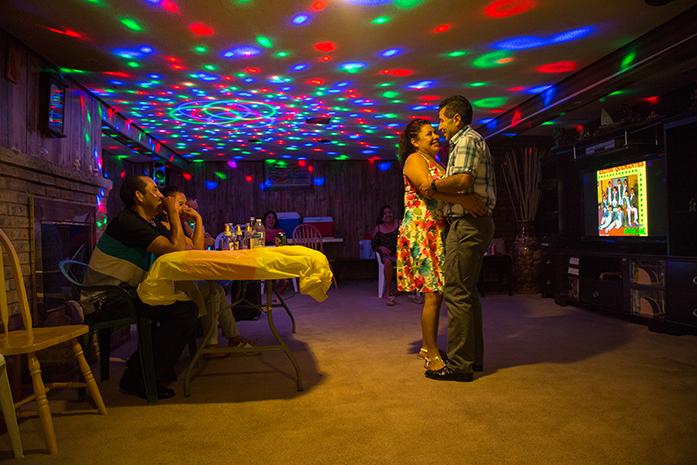
My parents never intended to live in the United States. As childhood sweethearts, they had it all figured it out; the path, the dream, and the future for their children. My father planned to become a pilot in the military, my mother fantasized about becoming a teacher.
But things didn’t pan out as they had hoped.
In his hometown of Axochiapan, in the state of Morelos, my father worked odd jobs. Doing farm work and working construction, unable to find a steady job that would generate enough income to support themselves on their own. While my mother continued her schooling and eventually did become a teacher, they struggled to generate enough income to maintain their livelihood and solidify a future for their children.
The year was 1988. My parents, at the age of 20, decided to leave behind their dreams in Mexico and make the dangerous and illegal journey across the border in hopes of a better life. They had only just married a month prior, surrounded by family and friends, laughter and excitement flowing through the town church. It was a turning point for many and the beginning to a completely different life for the two of them.
…
Until recently I never fully appreciated the sacrifices my parents made for my sister and me.
The decisions I’ve had to make in my life do not compare with the choices presented to my parents at my age. I had it simple. Go to school, get good grades, and work. I made a few detours along the way, but my choices were made without fear and anxiety about my future. My parents started out with virtually nothing — no possessions and no money — to ensure that my sister and I would have little to worry about. That work paid off. Here I am, attending college in Iowa. I have no debt. And the same goes for my sister.
Though my life was set in motion by two young illegal immigrants, I recognize a need for better security at our borders. I recognize there are organizations and individuals who want to do harm to our country.
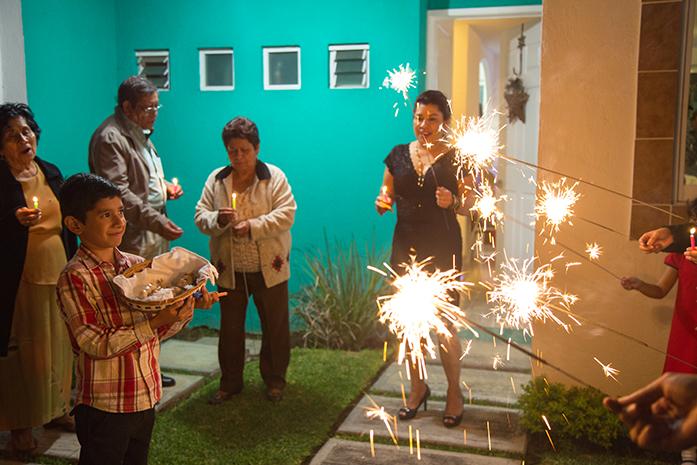
In truth, it was much easier to cross the border 20-some years ago than it is for others who are pursuing the same dreams today.
According to the Pew Research Center, the number of unauthorized immigrants has risen from 3.5 million in 1990 to 11.1 million in 2014.
And while the issue of security needs to be addressed, the majority of those who attempt to make the journey today all share the same story of hopefulness and the fight for a better life.
For my parents, the isolation from family, culture, and language were all reminders they were out of their comfort zone. Chasing jobs wherever they could find work and losing some because they didn’t have proper documentation.
The stories I heard growing up served as reminders of the still-existing difficulties. Stories of fellow Hispanic families split apart and individuals losing their jobs, some people taking three- to five-hour trips to the immigration offices, others buying $5 and $10 phone cards to call back home.
Through all of that, there was the continual longing for and absence of family back in Mexico. But the love for one another and the possibilities for the future kept people in my community going
…
That hope of a better future is one we all share. At the core, we are all humans striving for a better life, not only for ourselves but also for future generations.
That is what makes the United States such a powerful country.
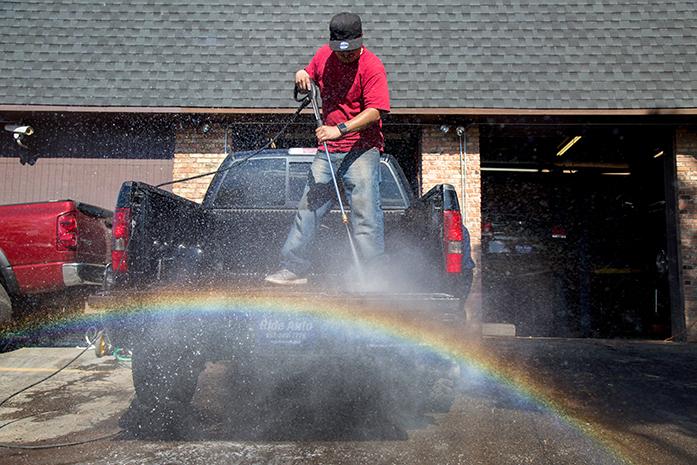
It is a nation of immigrants, dreamers, and hard workers, all striving for better opportunities; a continuum of immigrants that echoes the founding of this country and should acknowledge the hardship and discrimination against waves of immigrants from around the world since then. Let us not forget that we all have backgrounds that involve immigrating families.
It is a desire and a continual fire that comes from in the family. The love and compassion shared between the family; the arguments, the fear, the sadness, and the hope that makes us all so much more alike than we realize.
It is this commonality that is often forgotten, especially in times of fear, confusion, and division.
The strong and hateful rhetoric in the political cycle this past year has created a division and mistrust among people. A division that not only affects the perception of Hispanic immigrants but the lives and well-being of a number of citizens: the Black Lives Matter fighting for justice against police; the refugee crisis facing an uphill battle against support; the inequality of gender.
But it is during these times of confusion that we must remember we are all humans with our own stories to tell and have our own personal struggles.
I’ve talked to and spent time with various different families and individuals over the course of this project, and the response to the political rhetoric has always been disbelief and hurtfulness. A confusion about why they have been generalized into such hateful rhetoric.
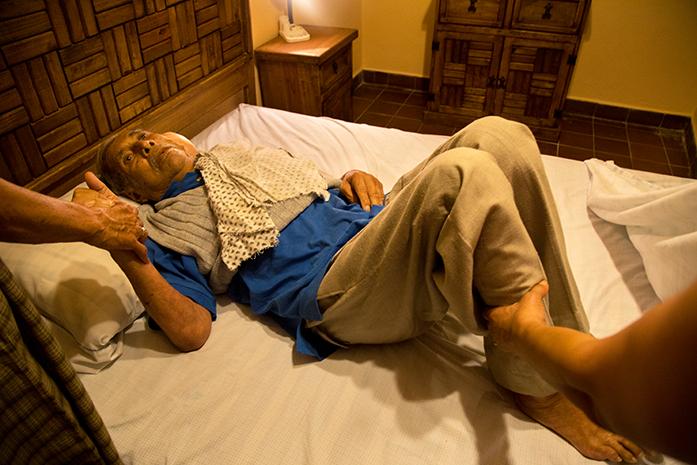
They are not criminals, drug traffickers, or rapists. They are hardworking individuals. They wake up early, work hard, and are thankful for family dinners. They never bat an eye to their situation because they know it could have been worse.
…
A few weeks ago I was walking with my parents in downtown Iowa City. There was chalk art all over South Clinton Street.
My mother pointed out one of the art pieces.
“That’s how we felt,” she said.
The piece had a young women holding an open book with monarch butterflies flying through the air, surrounding a quote.
It read: “We are like the monarchs, traveling 2,000 miles from the Nahautl Land to the Heartland. Our wings are fed by the love of our wise ancestors. We are dreamers flying, seekers of knowledge to keep alive our beloved Earth.”




